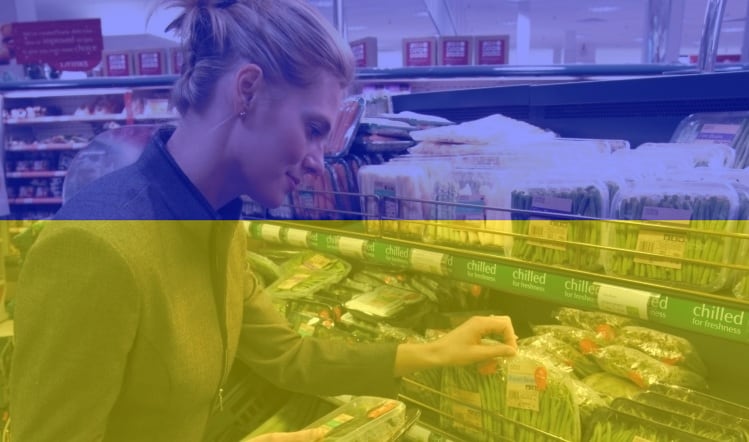Its report said while larger food manufacturers may have hedged some of the price risks of major commodities or energy, higher input costs will filter through eventually, especially because the prices of these inputs are still at an elevated level.
This news comes as former Sainsbury’s boss Justin King told Radio 4 that the “golden era” of cheap food is coming to an end and households should be prepared for higher grocery bills in the long term.
ING said that the contribution of higher food prices to general inflation has been increasing and it expects food inflation to hover around 6% in the second half of the year in the eurozone.
Food producers, it said, are likely to utilise multiple tactics to cope with higher input costs. ING predicts that in the short term they will look to re-negotiate contracts with retailers and other customers to be able to pass on price increases as well change their pricing strategy such as promotional activity or pack sizes.
Rationalise production
There could also be a shift to ingredients that are more economical or to buy ingredients in larger quantities to save costs. In some cases, this could require a reformulation of recipes which can “pose a hurdle” for food processors because reformulation doesn’t always fare well with consumers, ING predicted. Food manufacturers will also look to rationalise production processes and bring down the number of products to create more efficiency and save on operational costs.
Over the long-term ING predicts a food manufacturers will bring forward investment in technology to help to alleviate the pressure of rising input or labour costs. There could also be divestment of lower-performing businesses.
It report also revealed that inflation rates vary considerably between countries with Eastern European consumers being the hardest hit.
Its survey data for six EU countries, including Germany and Belgium, showed that between 35 to 45% of consumers are trying to save on daily purchases because of rising prices. However, the longer food companies continue to raise their prices, the higher the chance consumers will eventually trade down.
It highlighted recent Kantar data for the UK that shows that sales growth of discount retailers and private label products is outperforming the market.
Supply disruptions
And price isn't the only issue as supply disruptions due to the conflict in Ukraine and export restrictions can also pose problems for the general availability of food.
Kiran Sanchit, EMEA head of food & agri at ING said: “Although the impact of food inflation differs across regions, products and consumers, higher costs and prices are likely to stay for a longer period. We might actually look at a more fair price of food now compared to what we have been used to, taking into account scarcity of natural resources and environmental impact. As a result consumers might reach a point where they are pushed to switch from one product to another or prefer private label over branded, triggering food processors to reconsider their product offerings too”.
The United Nations World Food Programme has already called for the re-opening of the ports in the Odesa area of southern Ukraine so that food being produced in the war-torn country can flow freely to the rest of the world, before the current global hunger crisis spins out of control.




